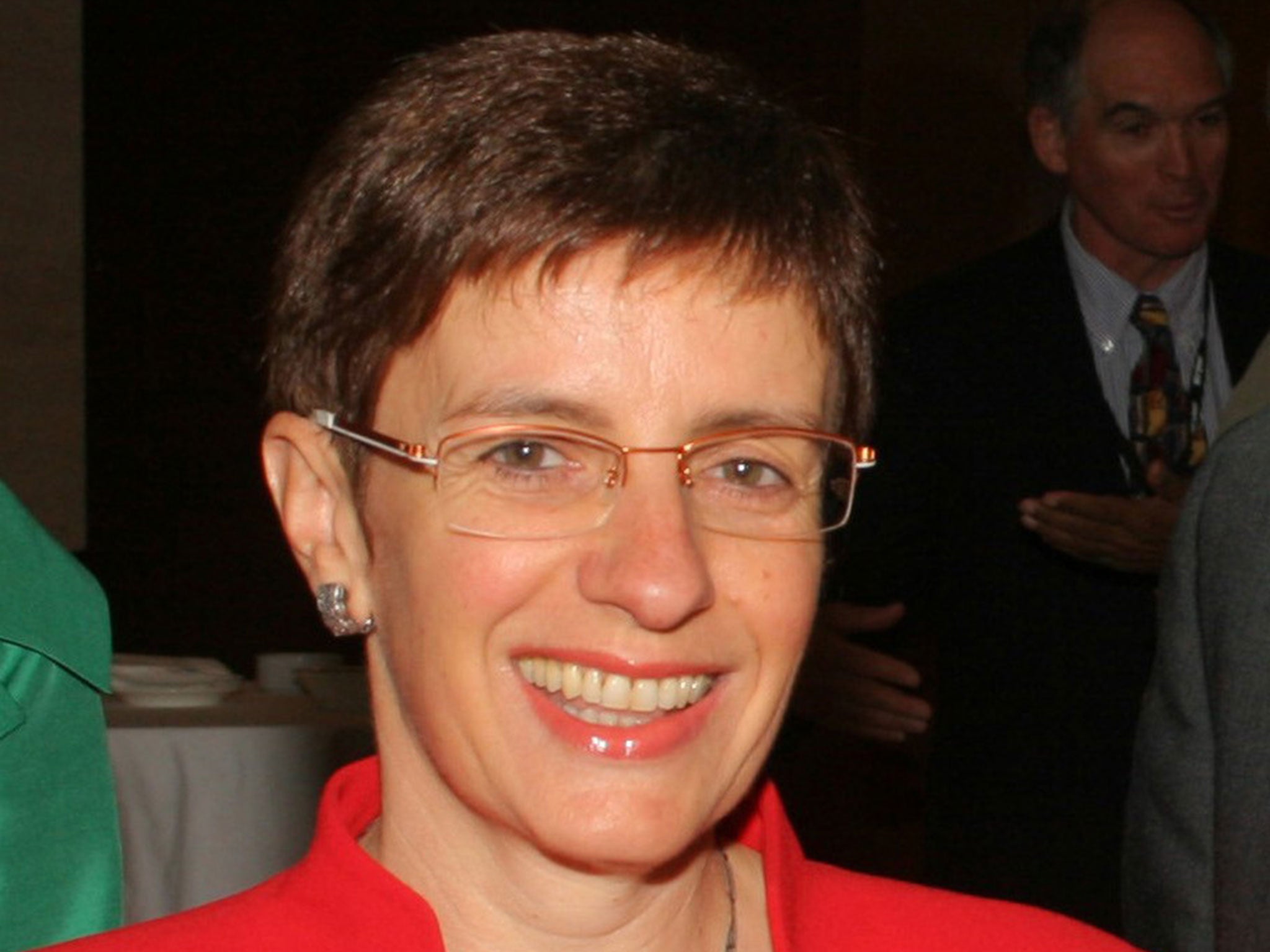Doctor Magda Heras: Cardiologist whose pioneering work transformed the emergency care of heart attack patients

With the death of Magda Heras Fortuny at the age of 61 we have lost one of the most distinguished cardiologists in Europe.
She was one of very few women to be a Fellow of the European Society of Cardiology and at the same time a Fellow of the American Heart Association and of the American College of Cardiology.
Her connection with the US began with the three years she spent as Research Fellow at the Mayo Clinic in Rochester, Minnesota, from 1987 to 1989, where, accompanied by her husband Dr Marc Garcia-Elias, who was doing his own research in the field of hand surgery, she worked on finding effective treatment for that all-too prevalent disease of the hardening of the arteries, atherosclerosis. They were both invited to stay on permanently, but they wanted to go back to family and friends in their beloved Catalonia – and to the milder winters.
Back in Terrassa, Magda returned to the Barcelona University Hospital, where she had served her residency, becoming Head of Section of the Cardiology Department. During the Olympic Games in Barcelona in 1992 she led the unit that established protocols to deal with cardiac emergencies in the various Olympic venues, a role that was a precursor to a number of assignments with the European Society of Cardiology (ESC) aimed at ensuring there would be agreed processes of care of the very highest quality for sudden acute cardiac patients. As is well known, the timing and nature of interventions in cases of heart attack are a matter of life and death, and Magda’s goal was to ensure that lives that could be saved, would be.
From 2004 to 2010 she was a member of the executive committee of the Acute Cardiac Care Association, the subdivision of ESC which established a Europe-wide examination for those seeking a qualification as a specialist in the treatment of acute cardiac illnesses, as a result of which she was given the prestigious ACCA award.
Among other professional affiliations, Heras was Associate Professor of the Faculty of Medicine of the University of Barcelona, Coordinator of the cardiovascular research project Heracles and a member of the Executive Committee of the Spanish Society of Cardiologists. Since 2011 she had been editor-in-chief of the Revista Española de Cardiologia, the medical publication that was assessed as having the highest impact factor of any medical publication in Spanish both in 2012 and in 2013.
In the field of research, she led numerous laboratory and multi-centred clinical studies into diverse aspects of cardiology. The lines of research include among others the epidemiology of ischaemic cardiopathy among women in Spain, the gender differences in the clinical presentation of acute myocardial infarction, and cardiac regeneration with the use of mother cells.
She had 26 chapters published in books on cardiology and wrote more than 280 articles in specialist journals. In the field of the dissemination of scientific knowledge she has frequently appeared on different Spanish television networks and in popular magazines such as Corazon y Salud [Heart and Health].
Magda Heras was born in the Catalan city of Terrassa in 1953, the oldest of eight children. Dedication to helping others seems to run in the family because her father, Marius Heras, who is now 93, had a long life of public service, for which he was awarded the City’s Medalla Honor in 2013. Though tiny in stature, through the energy of her vibrant personality, the authority and balance of her beautifully ordered mind, and her acute sense of fun, Magda was a powerful and positive presence in any company. She was a polymath, a scientist with a love of music and literature, but the life-saving practicality of her profession was what motivated her most.
At her funeral Mass, which was celebrated in the 12th Century Romanesque church of St Peter, Terrassa, there was not even standing room. As was pointed out by the author Salvador Cardus in his address, Magda had another organisational talent, for making and keeping in touch with friends, including many from all over the world. Her husband, Marc, later remarked that he saw at least three people at the Service whose lives Magda had saved.
Her own life was taken by that other modern scourge, in the form of an aggressive tumour of the lung that had been diagnosed in the summer of 2012; needless to say she was a non-smoker. She fought this relentless adversary with great courage and dignity until the end. Magda Heras was always well-organised and well-prepared, so it comes as no surprise that she had long been preparing herself for her death, too. As well as her father, she is survived by her mother Anna Maria, who is 89.
Maria Magdalena Heras Fortuny, cardiologist: born Terrassa, Barcelona 29 June 1953; married 1976 Marc Garcia-Elias (one daughter); died 3 August 2014.
Subscribe to Independent Premium to bookmark this article
Want to bookmark your favourite articles and stories to read or reference later? Start your Independent Premium subscription today.

Join our commenting forum
Join thought-provoking conversations, follow other Independent readers and see their replies